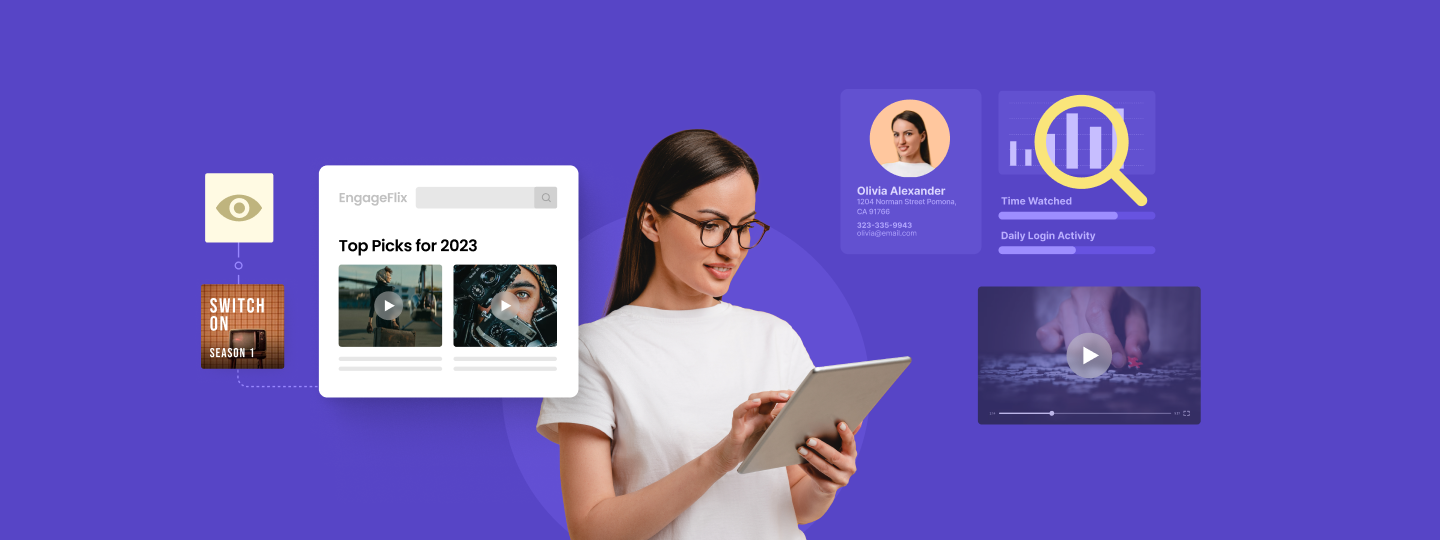Imagine you’re browsing on Rage Coffee to buy your favorite blend, but it’s out of stock. You spend another 18-20 minutes going through the website but need help deciding on the blend. Suddenly, you get a pop-up notification that reads:
You’re intrigued. You like the recommendation. You’re more likely to buy.
This is personalization – a digital marketing practice on the rise across industries, especially brands trying to break a leg.
Understanding Personalized Product Recommendations
Personalized product recommendations are tailored suggestions for customers based on browsing and purchase history. They differ from generic recommendations by offering a highly relevant and personalized shopping experience.
To make these real-time, contextual, and customized recommendations, a database about customers is stored and utilized to expedite the buying process. This storage happens in catalogs. Catalogs power up the system with information like product features, descriptions, dimensions, price, availability, images, links, and reviews, which enhances the recommendation engine.
Read more: Level up personalization strategy with catalog and recommendation.
The effectiveness of personalization is evident, with studies showing that 73% indicated their anticipation of a more personalized experience as technology advances. On the other hand, 76% of consumers expressed frustration with businesses that do not offer personalized experiences.
Today, these recommendations are not only being used in emails or push notifications but are also being extended to channels like SMS and websites. Simply because customers often appreciate the time and effort saved when they receive relevant product recommendations. It streamlines the decision-making process and reduces the need for extensive browsing, making the shopping experience efficient.
Curious about how you can deploy? Here are some ways to use personalized recommendations:
- Product discovery: Brands use customers’ pre-purchase or browsing behavior to recommend products, encouraging them to make additional purchases.
- Increasing average order value: By recommending customers products they are more likely to buy, brands encourage them to add more items to their cart, thereby increasing the AOV.
- Improved retention: 60% of consumers will likely become repeat buyers following personalized experiences. When they get a personalized recommendation, they feel the brand cares, listens, and understands them.
As many as 89% of marketers have seen a positive ROI on their campaigns when they use personalization in some way. On the other hand, 60% of consumers say they’ll become repeat customers after a personalized shopping experience.
Commonly deployed personalized product recommendations
Product recommendations rely on data analysis, which can offer valuable insights into customer behavior and preferences. This data can inform other aspects of your business strategy, from marketing campaigns to product development.
To get this right, AI is at play. A tool like WebEngage that uses an advanced web personalization engine & marketing automation workflow can help you convert your overall marketing promotion into a dynamic experience. It leverages user behavior data, interests, demographics, etc., to boost user engagement & experience.
Following are a few ways in which you can do personalization:
- Based on browsing history: Brands showing products related to what customers have been viewing or browning for. A great example is CaratLane using historical data to turn the home page into a personalized gold mine of recommendation, drawing users back to buy.
Here, CaratLane reminded the repeat user about their previous exploration on the website, bringing them up to speed on the products and what they looked for. - Based on purchase history: When brands suggest complementary or similar products based on previous purchases of the users, it constitutes a recommendation based on purchase history. This can either be recommending the same product or a different product across the depth of offerings to initiate buying behavior.
For instance, if someone buys a camera, the app might suggest additional lenses, accessories, or even photography courses. - User-generated content recommendations: Another great way of introducing new products or allowing users to explore your bestsellers is showcasing the most loved or highly bought items and leveraging user reviews and ratings to make product suggestions.
Here’s one great example from BlissClub that shows their most loved products on the homepage for social proof and building confidence amongst buyers.
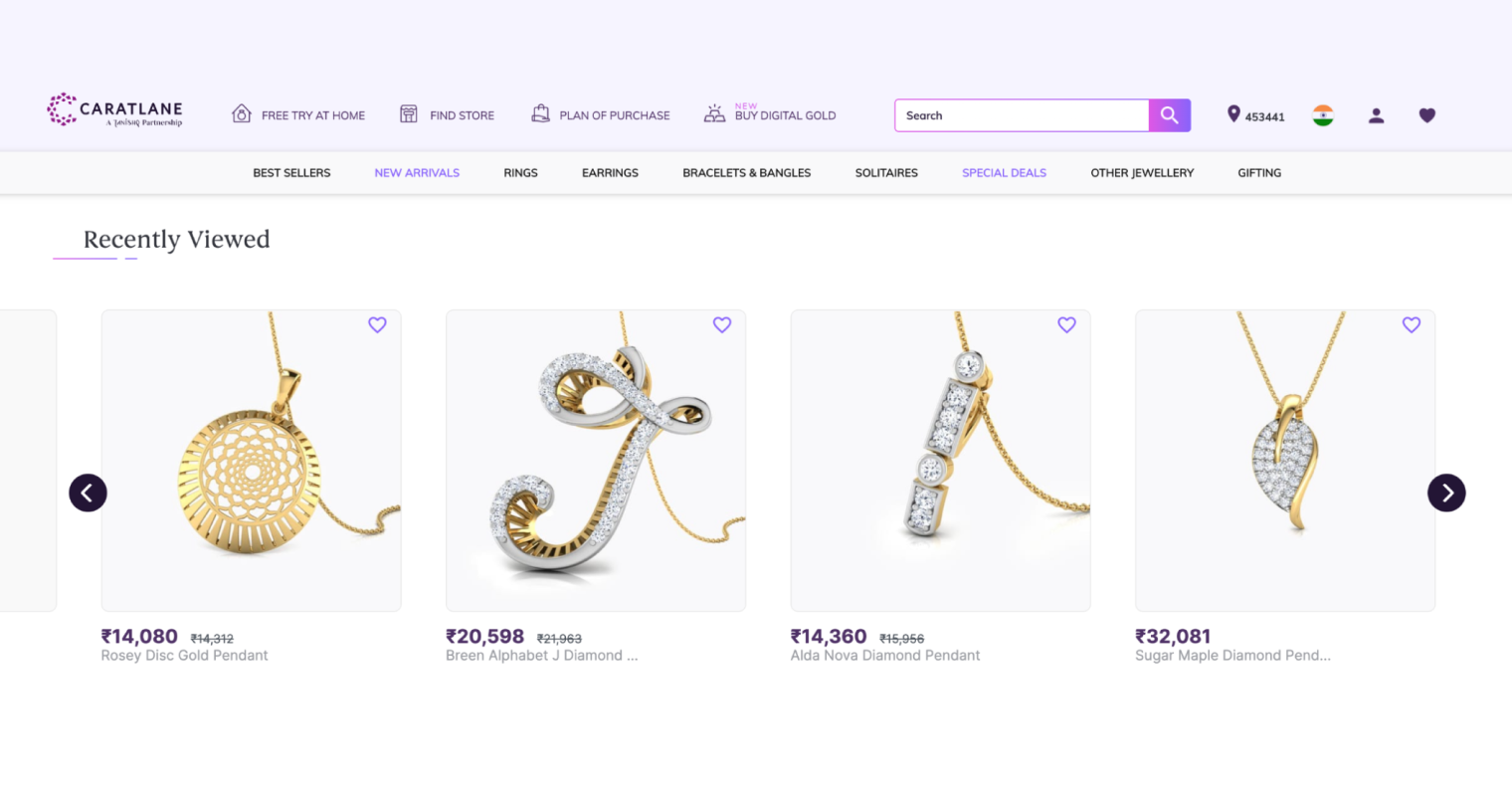
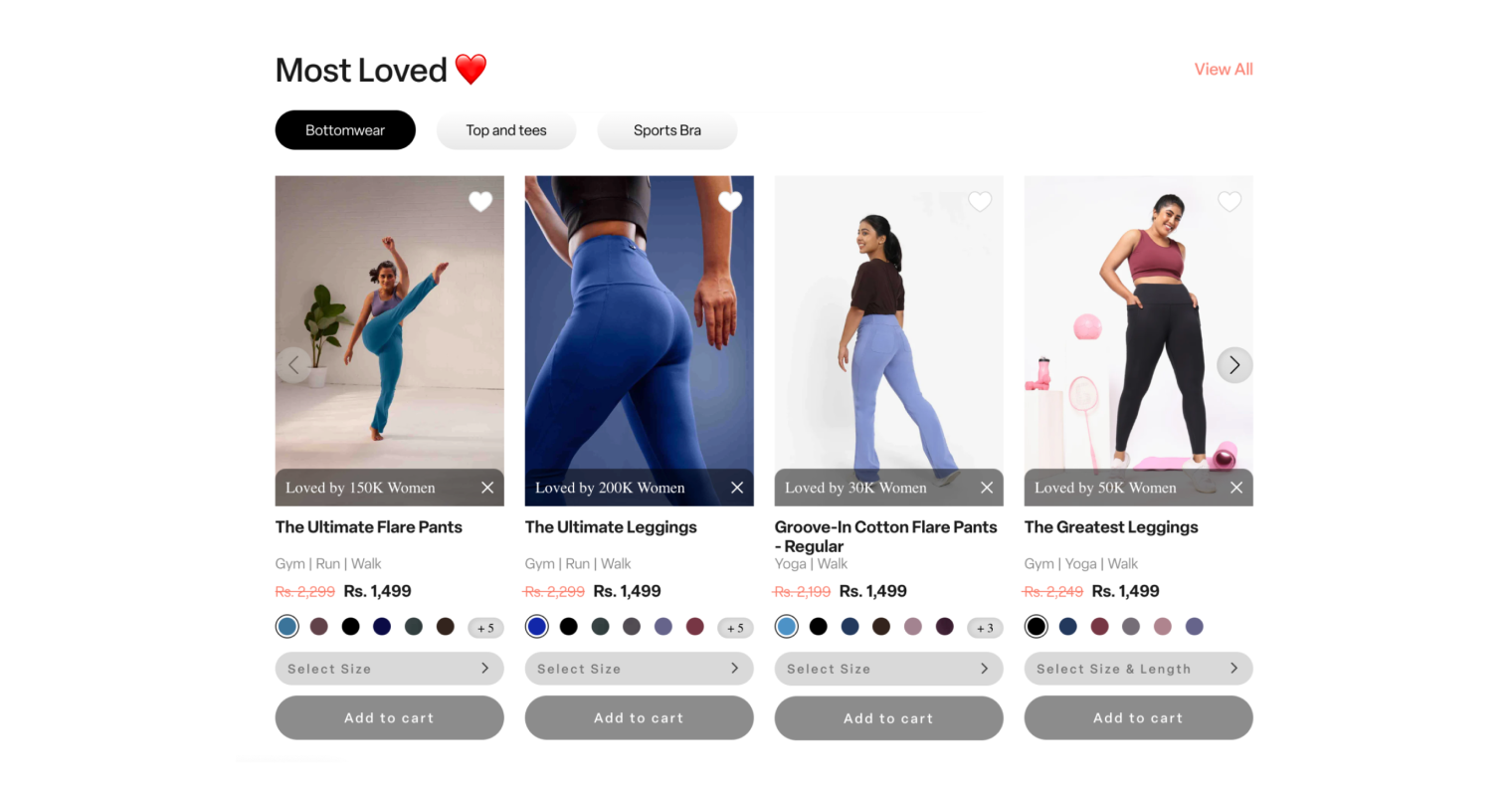
How personalization impacts your marketing goals
- Cross-selling and upselling recommendations: It creates opportunities for taking a leap and introducing users to new products that will benefit them & allow the company to sell more at the same time.
- Increased AOV: Through the medium of feeding recommendations during or before checkout to sending tailored reminders to customers who have abandoned their carts, including personalized product recommendations or discounts. This can help recover potentially lost sales and increase AOV.
For example, you identify that a user regularly orders vitamin C serum through your website. This helps you realize that your customers are into skincare. Based on this insight, the product’s price, the purchase frequency, and demographics, you can suggest additional products like face masks, toner, and sunscreens.
Most experts credit recommendations as their new armor for conversions, as they help generate additional revenue and retain and convert customers. As the number of online shoppers continues to grow, recommendations are an engine that will boost revenue.
We were recently discussing the benefits of personalization with a marketing leader in fashion retail that sold goods with US$18.9m in 2022, and here’s what they had to say:
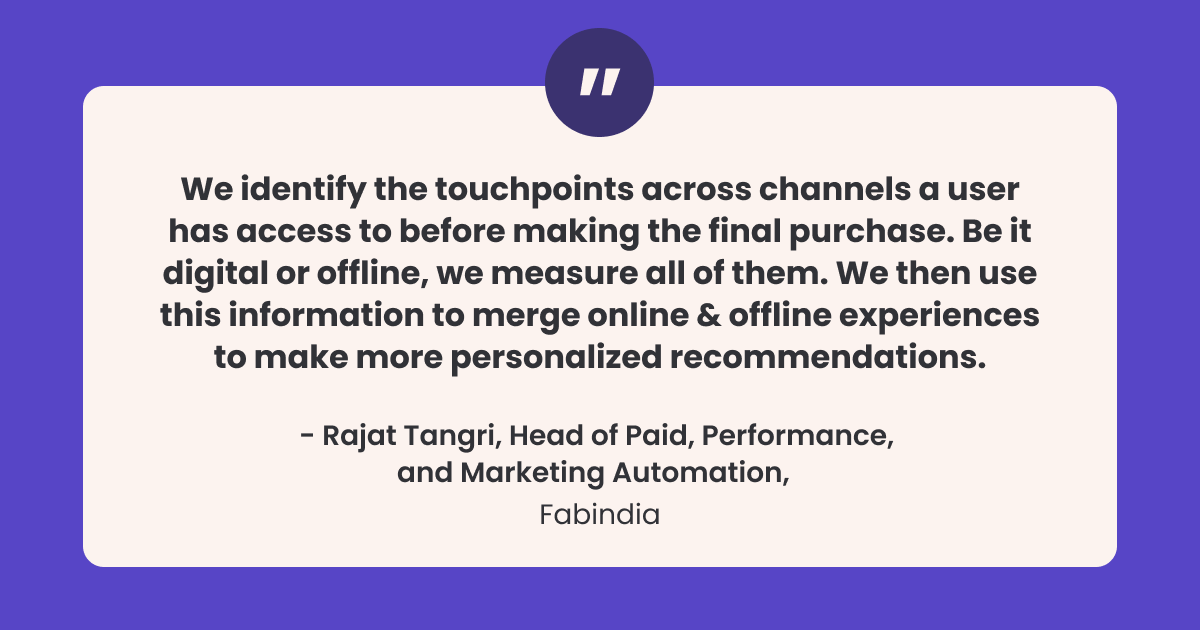
Another example of how personalization has helped organizations grow their revenues tremendously is from Cashify. The brand’s goal was to enhance the experience, boost revenue, and foster brand loyalty.
To achieve this, the Cashify team customized communication through each stage of the buying funnel. They also sent highly targeted engagement campaigns to only those users who have requested a quote three or more times to maximize Cashify’s chances to optimize buybacks.
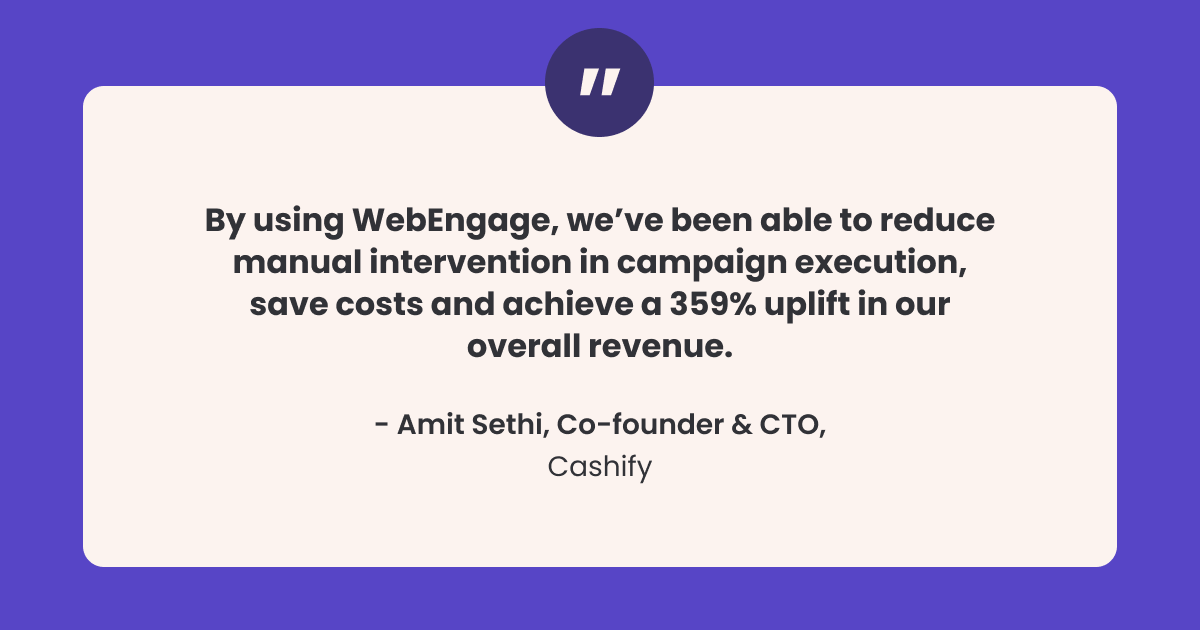
Ready to elevate your AOV? Let’s get started!
Incorporating personalized product recommendations in your marketing plan will create revenue opportunities. It’s the key to strategically enhancing your AOV, engagement, and overall experience of your users.
As we discussed above, to get started, marketing teams need to collect data, analyze it, and work with it to pull insights. Usually, if you have a tool or a marketing automation system in place, they make sense of the data, pitch recommendations, and help you deliver the campaign.
WebEngage, with its cutting-edge technology, is a trusted partner for over 800+ consumer brands globally. WebEngage’s solutions for personalization on apps, websites, and marketing channels can bring brands to the forefront of personalization. The result? A holistic and truly enriching experience for your users.
Ready to take the next steps in personalization and unlock solutions that can boost your business’s growth? Book a demo with WebEngage experts today!





























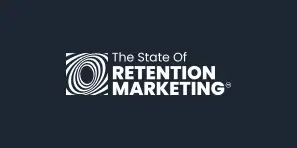
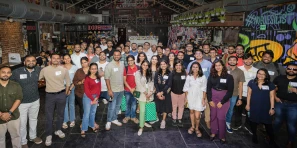
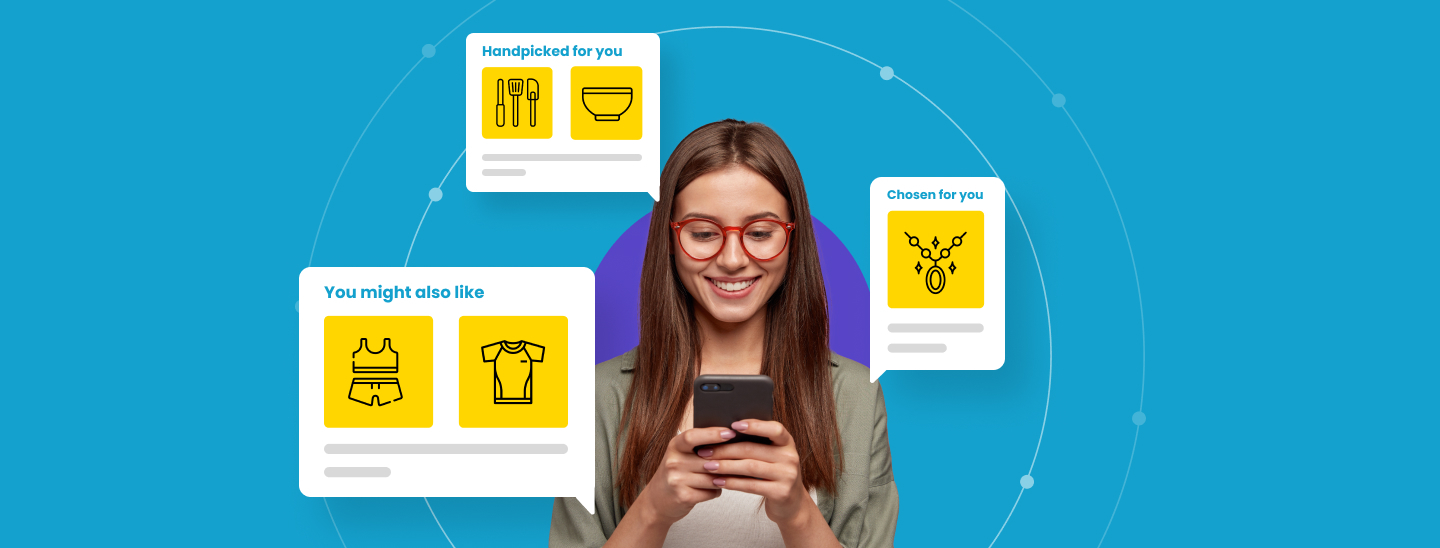

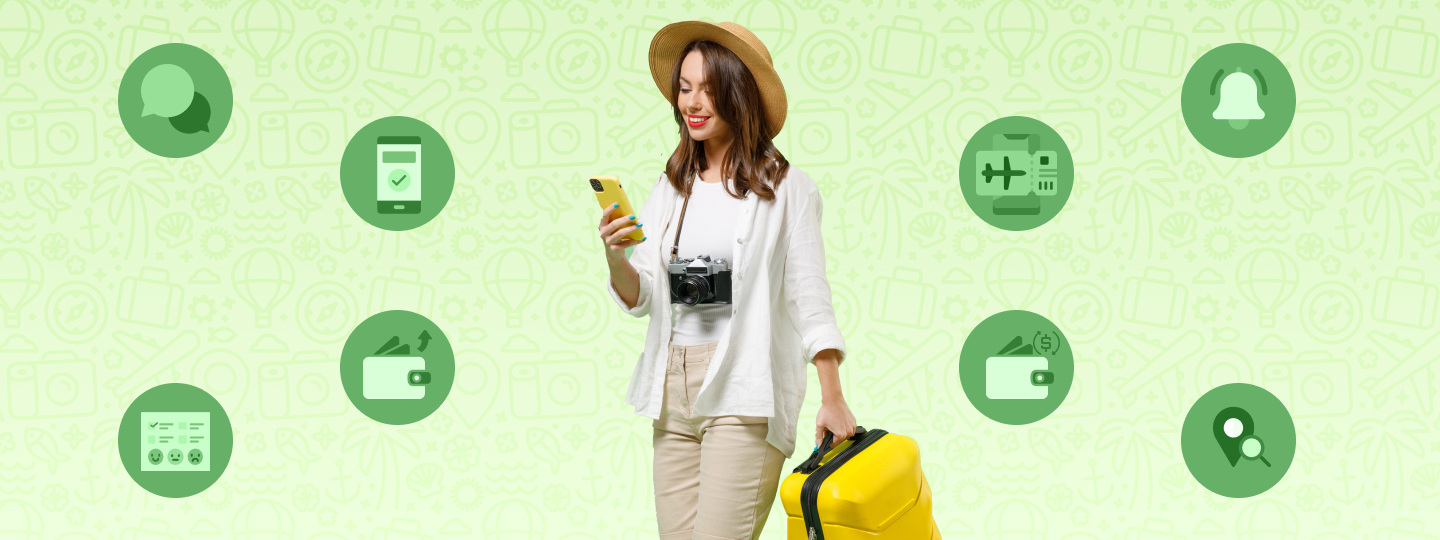
 Diksha Dwivedi
Diksha Dwivedi
 Kasturi Patra
Kasturi Patra